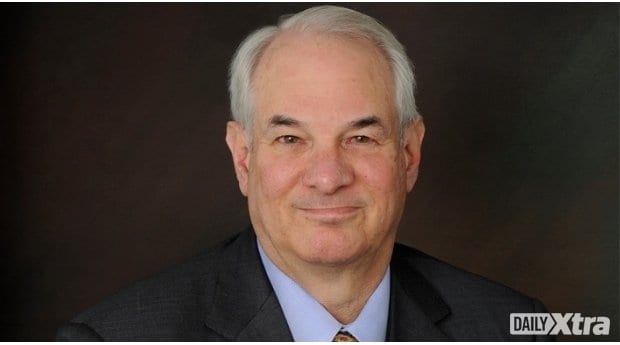While the BC government rescinded its approval of Trinity Western University’s (TWU) proposed law school last month, lawyers for a prospective gay student say the case isn’t quite finished.
Clayton Ruby told BC Supreme Court Chief Justice Christopher Hinkson Jan 5 that the constitutional violations allegedly underlying the government’s original decision to approve the school — whose Christian covenant bars sex outside traditional marriage — remain an unresolved issue and are therefore not moot.
Plaintiff Trevor Loke asserted in his case that then-education minister Amrik Virk’s December 2013 approval of the school discriminated against people based on sexual orientation and religious grounds. The government’s approval was harmful and a violation of the Charter of Rights and Freedoms, Loke said.
Virk revoked his approval on Dec 11, 2014, citing the “uncertainty” created by the Law Society of BC’s decision to pull its own support for the proposed school in October. Given the uncertainty surrounding prospective students’ ability to practise in BC, and the ongoing legal challenges in other jurisdictions, Virk expressed doubt about the school’s ability to enroll students within the original three-year time frame.
Notwithstanding the government’s reversal, Ruby says the constitutional issues still deserve to be heard by the court, in part because TWU could reapply for government approval at a later date.
Also in court were lawyers from the ministry, the BC law society and the university. TWU is suing law societies in Nova Scotia, Ontario and, most recently, BC for their refusal to accredit TWU’s prospective future graduates. TWU’s lawsuit against the BC law society, filed in court on Dec 18, alleges the regulatory body has no authority under the provincial Legal Profession Act to refuse graduates who meet the act’s primary objective, which is assuring the competence of lawyers in the public interest.
Ruby told the court it’s in the public interest for the Loke case to be heard either first or at the same time as the TWU case against the BC law society. If TWU is successful in its suit against the law society, Ruby pointed out, it will still need to convince the government to reinstate its approval for the school. If the minister refuses again, there remains the potential for a new TWU suit against the government. Either way, he said, the issue would likely be back before the court.
TWU lawyer Kevin Boonstra and ministry lawyer Karen Horsman agreed with Ruby.
“The matter of mootness should be determined first,” Boonstra said. “The critical issue is really the issue of mootness,” Horsman echoed. But, she added, “the ministry will be seeking an order dismissing the Loke petition on a consent basis.”
At the heart of the debate over the school has been its community covenant. For admission to TWU, students must adhere to a covenant agreeing to uphold Christian biblical teachings and abstain from any sex that “violates the sacredness of marriage between a man and a woman.” Failure to uphold these commitments, according to the student handbook, could result in discipline, dismissal or a refusal to readmit a student to the university.
The Loke case comes back before Hinkson Feb 24 and 25.
A decision in TWU’s lawsuit against the Nova Scotia Barristers’ Society, argued before Christmas, is expected in the coming months.

 Why you can trust Xtra
Why you can trust Xtra


